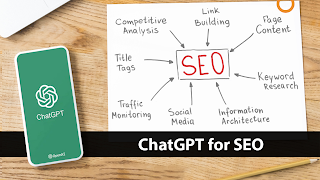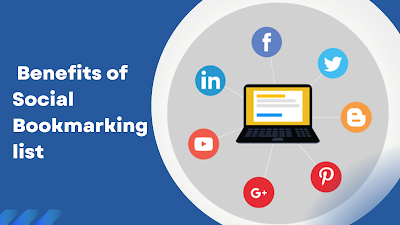Latest Off Page SEO Techniques 2023
Voice Search Optimization Voice search is on the rise, thanks to the increasing popularity of smart speakers and voice assistants. To tap into this trend, optimize your content for voice search queries. Focus on natural language, long-tail keywords, and structured data markup to make your content more voice-search-friendly. Additionally, ensure your website loads quickly and is mobile-friendly, as voice searches are often performed on mobile devices. Influencer Collaboration Leveraging influencer marketing for off-page SEO can be highly effective. Collaborate with influencers in your niche to create high-quality, shareable content that links back to your website. Influencers can amplify your content’s reach, which can lead to increased backlinks and improved search engine rankings. Quality Backlinks Quality backlinks remain a cornerstone of off-page SEO. However, the focus has shifted from quantity to quality. Seek backlinks from reputable, authoritative websites in your industry. Gues




